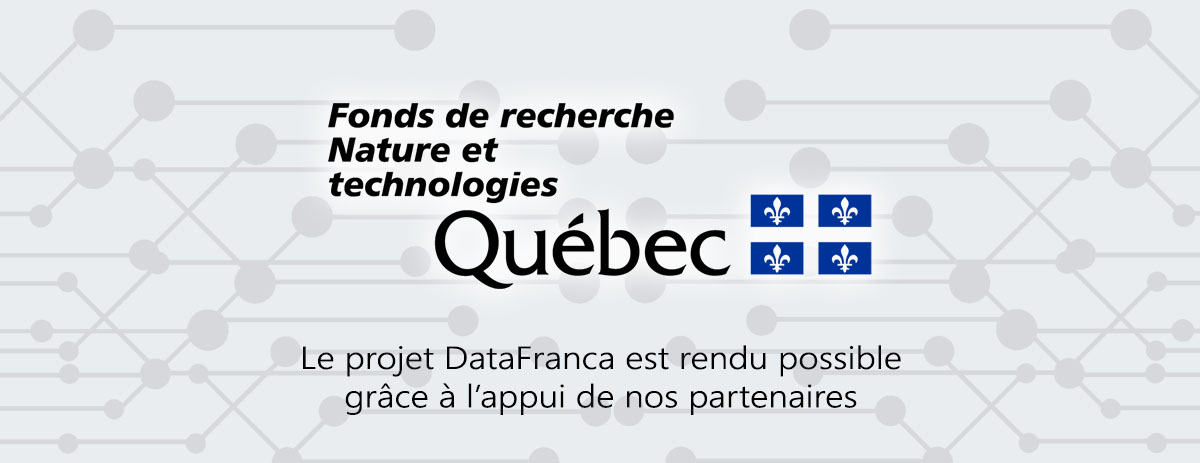Prolog
Domaine
Définition
Français
Anglais
Prolog
Prolog is a general-purpose logic programming language associated with artificial intelligence and computational linguistics.[1][2][3]
Prolog has its roots in first-order logic, a formal logic, and unlike many other programming languages, Prolog is intended primarily as a declarative programming language: the program logic is expressed in terms of relations, represented as facts and rules. A computation is initiated by running a query over these relations.[4]
The language was first conceived by a group around Alain Colmerauer in Marseille, France, in the early 1970s and the first Prolog system was developed in 1972 by Colmerauer with Philippe Roussel.[5][6]
Prolog was one of the first logic programming languages,[7] and remains the most popular among such languages today, with several free and commercial implementations available. The language has been used for theorem proving,[8] expert systems,[9] term rewriting,[10] type inference,[11] and automated planning,[12] as well as its original intended field of use, natural language processing.[13][14] Modern Prolog environments support the creation of graphical user interfaces, as well as administrative and networked applications.
Prolog is well-suited for specific tasks that benefit from rule-based logical queries such as searching databases, voice control systems, and filling templates.

Contributeurs: Claude Coulombe, Jacques Barolet, wiki






